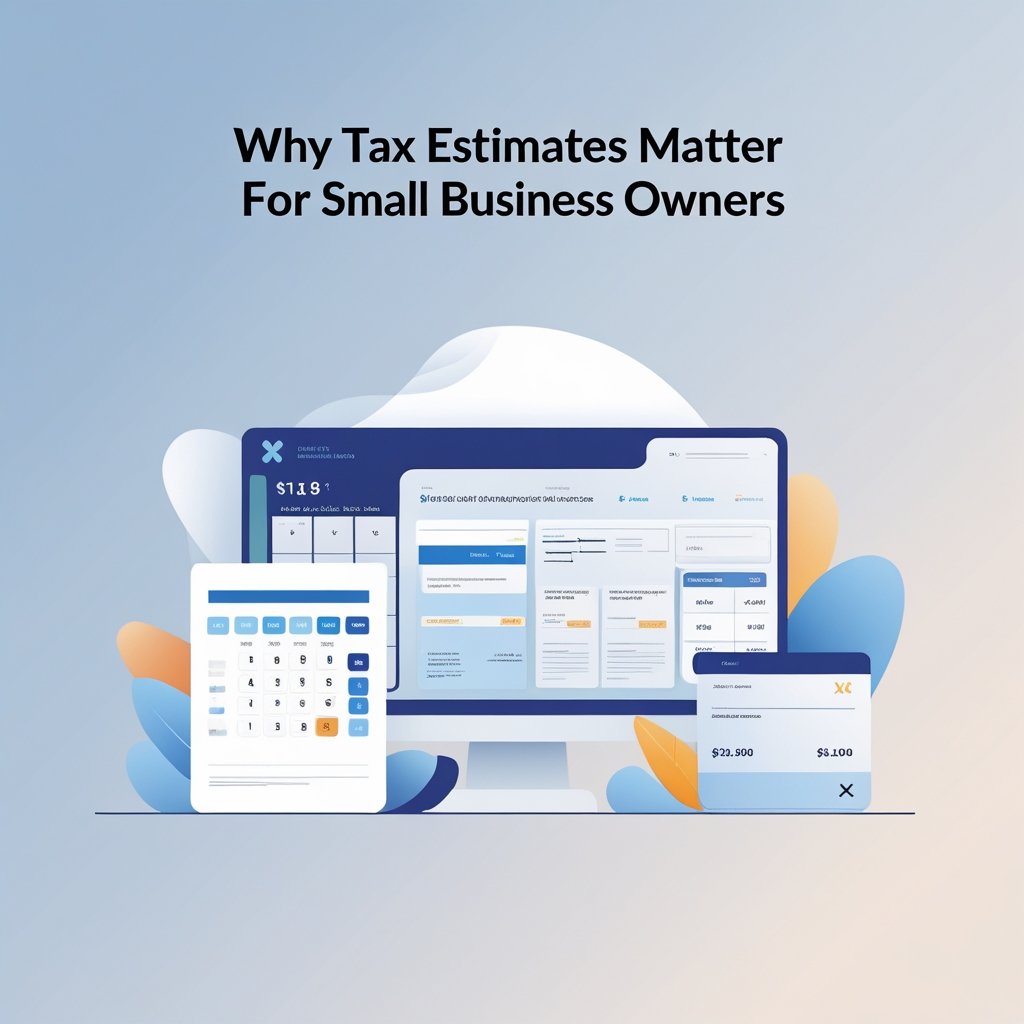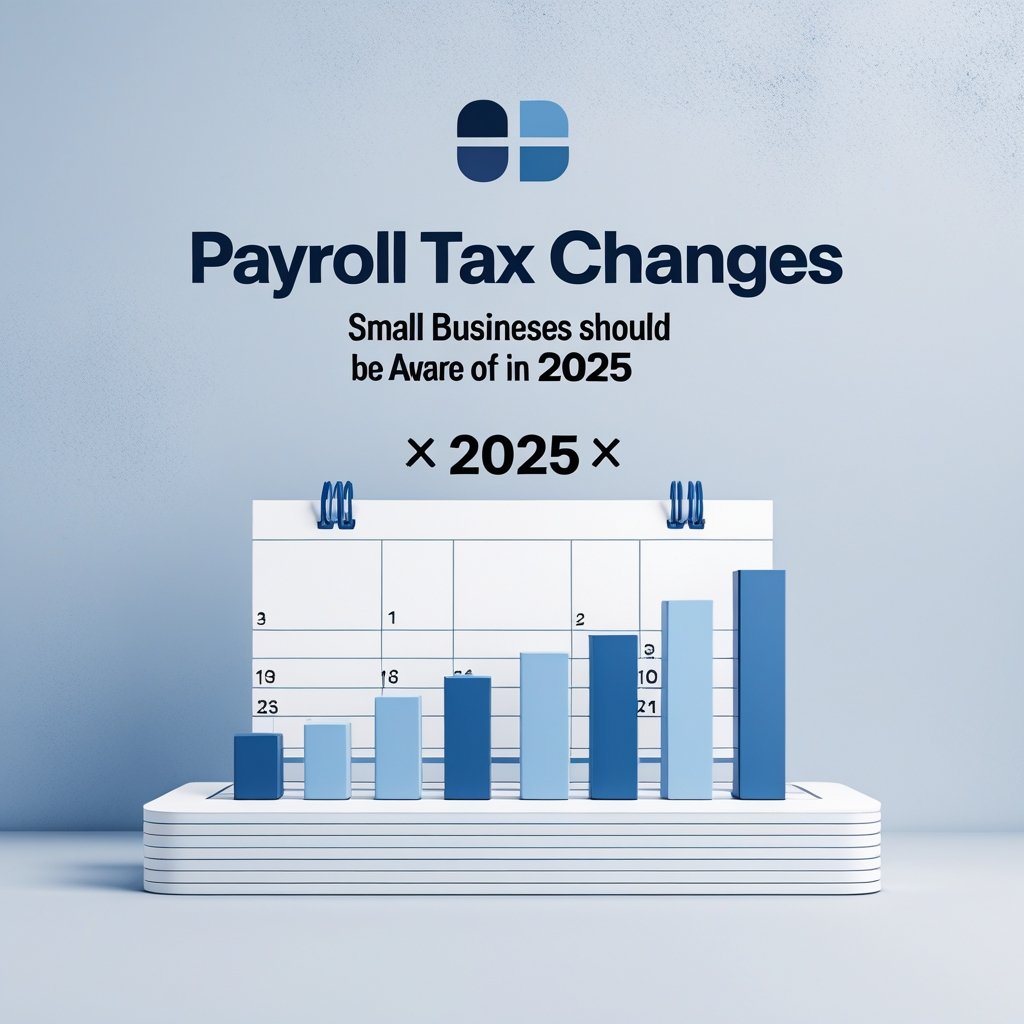Tax season is here again, and for many, it’s not just about crunching numbers—it’s about crunching nerves. The mere thought of filing taxes can send shivers down spines, trigger sleepless nights, or even lead to frantic Google searches like “What if I messed up my W-4?” or “Can the IRS sue me?” If this sounds familiar, you’re not alone.
Tax anxiety—the stress, dread, or paralysis tied to filing taxes—is a real phenomenon. In fact, a 2023 study by the American Psychological Association found that 56% of Americans rank taxes as a significant source of stress, rivaling concerns about inflation and healthcare costs. But why does something as routine as tax filing feel so overwhelming? And how can you break free from the panic spiral? Let’s unpack the roots of tax anxiety and arm you with practical tools to cope.
Why Taxes Feel So Stressful
- Fear of Mistakes (and Penalties)
Tax forms are a labyrinth of jargon, deadlines, and fine print. A single error—a misplaced decimal, an overlooked form—can feel like a ticking time bomb. The IRS’s reputation for audits and penalties (even if rare) fuels a sense of impending doom, especially for freelancers, gig workers, or anyone with non-traditional income.
- Complexity Overload
The U.S. tax code spans over 6,000 pages, and frequent policy changes (like recent updates to the Child Tax Credit or EV tax breaks) leave even seasoned filers confused. For those navigating deductions, credits, or multiple income streams, the mental load can feel crushing.
- Financial Vulnerability
Filing taxes forces many to confront financial realities they’d rather avoid. Owing money to the IRS can amplify existing money worries, while waiting for a refund can feel like a lifeline for those living paycheck to paycheck.
- Procrastination Perpetuates Panic
The longer you delay, the louder the anxiety grows. Procrastination creates a vicious cycle: avoidance fuels stress, which fuels more avoidance.
How to Cope: 6 Strategies to Tackle Tax Anxiety
- Break It Down (Baby Steps Win)
Trying to tackle your taxes in one marathon session is a recipe for burnout. Instead:
- Schedule micro-tasks: Dedicate 15–30 minutes daily to gathering documents, inputting data, or researching questions.
- Prioritize: Start with the easiest forms (e.g., W-2s) to build momentum.
- Leverage Tech Tools
Automation reduces human error and mental strain:
- Tax Software: Platforms like TurboTax or FreeTaxUSA guide you with Q&A-style prompts and flag common mistakes.
- Expense Trackers: Apps like QuickBooks Self-Employed auto-categorize deductions.
- IRS Free File: If your income is under $79k, use free guided filing tools directly from the IRS.
- Seek Professional Help
You don’t have to go it alone. A CPA or tax preparer can:
- Answer questions in plain English.
- Identify deductions you’d miss.
- File extensions or negotiate payment plans if you owe.
Pro tip: Many firms offer affordable “tax coaching” sessions for DIYers who just need a sanity check.
- Reframe Your Mindset
- Focus on control: You can’t change your tax bill overnight, but you can control how you approach the process.
- Celebrate progress: Reward yourself after completing each step (e.g., a coffee break after organizing receipts).
- Practice Stress-Relief Techniques
When anxiety spikes:
- Breathe: Try the 4-7-8 method (inhale for 4 seconds, hold for 7, exhale for 8).
- Write it out: Jot down fears in a “worry journal” to diffuse their power.
- Move: A 10-minute walk can reset your brain.
- Educate Yourself (Knowledge = Power)
- IRS.gov: Their Interactive Tax Assistant tool answers common questions.
- YouTube Tutorials: Channels like Accounting Stuff break down concepts visually.
- Community Workshops: Libraries or nonprofits often host free tax literacy events.
When Tax Anxiety Becomes Debilitating
For some, tax stress crosses into overwhelming territory, especially if tied to past trauma (e.g., audits, financial instability). If anxiety feels unmanageable:
- Talk to a therapist: Cognitive Behavioral Therapy (CBT) can help reframe negative thought patterns.
- Reach out to the IRS: They offer payment plans, penalty relief, and taxpayer advocacy services.
Contact us: +1 (972)-996-6644
Email us : info@theriwa.com Visit our website : https://theriwa.com/






